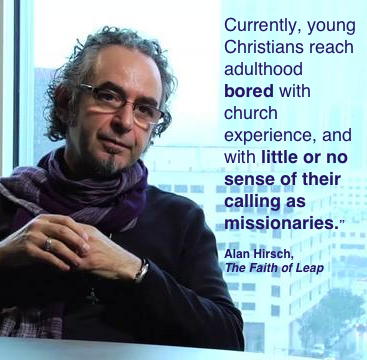Some thought provoking insights from the NYT about Millennials growing focus on finding meaning through serving others.
Today’s young adults are hoping to go into careers that make an enduring impact on others….St. Jude Children’s Research Hospital came in as the No. 1 place these millennials wanted to work “The focus on helping others is what millennials are responding to,” James W. Lewis, the chief executive of the honor society, told Forbes.
Some studies have suggested that millennials are narcissistic and flaky in their professional and personal lives, and are more selfish than prior generations…Whereas older millennials showed a concern for meaning, the younger millennials who came of age during the Great Recession started reporting more concern for others and less interest in material goods.
This data reflects a broader pattern. Between 1976 and 2010, high school seniors expressed more concern for others during times of economic hardship, and less concern for others during times of economic prosperity. During times of hardship, young people more frequently look outward to others and the world at large.
…Millennials have been forced to reconsider what a successful life constitutes. By focusing on making a positive difference in the lives of others, rather than on more materialistic markers of success, they are setting themselves up for the meaningful life they yearn to have — the very thing that Frankl realized makes life worth living.
As more and more comes out about the Millenials, I’m rethinking the ideas of writers like Robert Webber and Leonard Sweet. Webber suggested that Younger Evangelicals would embrace liturgical forms. Sweet predicted that post-moderns were more concerned with collecting experiences than accumulating stuff.
As a follower of Jesus, do I find this encouraging? Not yet. Many of his teachings are simple “how to be decent humans”, and it should not surprise when others come to similar conclusions.
The problem with a general sense of altruism is that that it is unsustainable alone. Jesus called for peace, and so did the hippy generation. A few decades later the US was back at it in both Iraq and Afghanistan, and those voices nowhere to be heard.
Ideals such as altruism or peace-making need to couched in a worldview that gives them broader meaning. They need a system that teaches one how to act on their feelings. Jesus followers call that Faith and Discipleship.
What do we do with a study like this? Use the growing sense of altruism to as a launching point for teaching the Jesus way of life.
Millenial Searchers can be read on the New York Times website.













 Tweets
Tweets